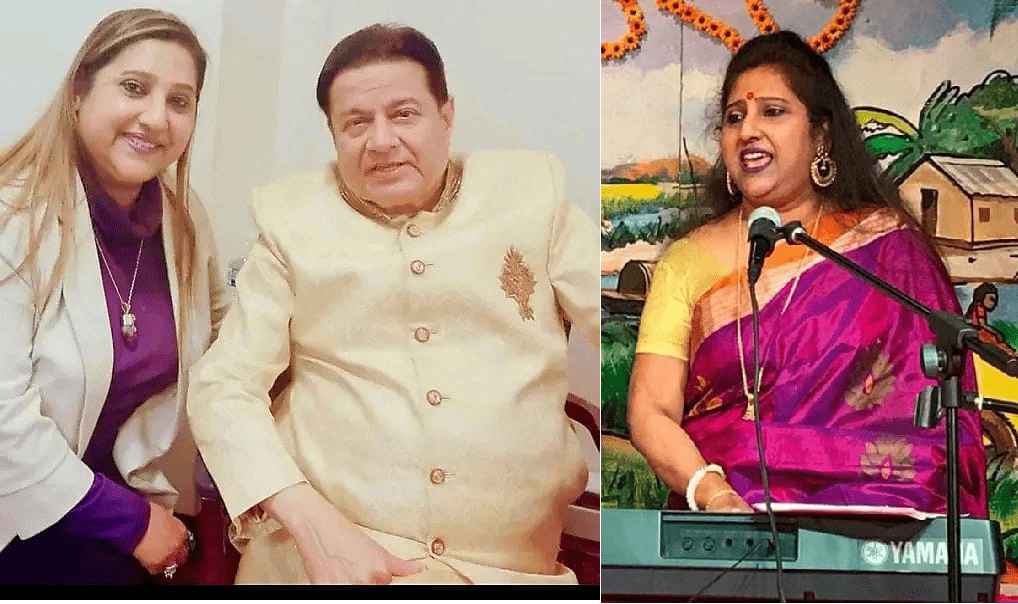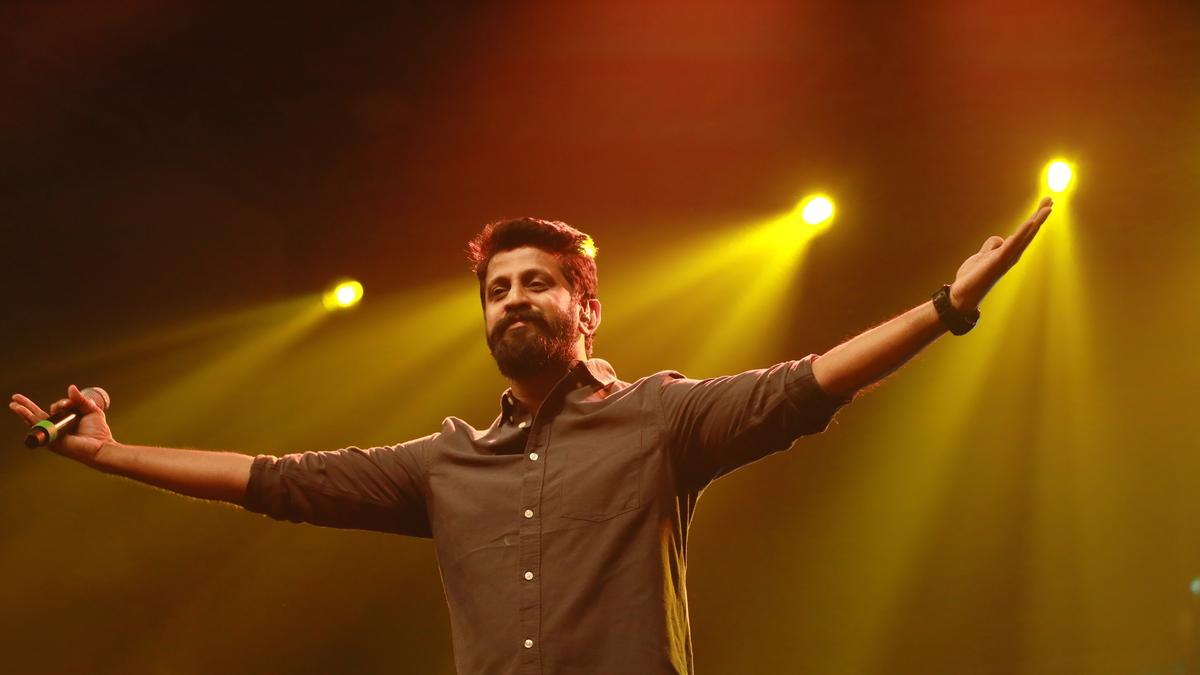Seetha expressed a desire to learn the instrument from exponent Ramaniah Chettiar. He taught it to only a select few, and as a test, asked her to change the raga from Mayamalavagowla to Sankarabharnam. Seetha passed the test, changing the rishabam and daivatham by adjusting the water levels.
The talented child, daughter of illustrious engineer Ganapathy Iyer and Meenakshi, a descendant of Sanskrit scholar Appaya Dikshitar, went on to become Seetha Doraiswamy, a pioneering woman jalatharangam artiste.
Impressed by her dedication, Sambamurthy gifted his porcelain cup set to Seetha. She also learnt the harmonium on her own, and underwent veena training from vidwan Suryanarayana Sastri. Meenakshi was a disciplinarian, and insisted Seetha practise before school. This laid a strong foundation, and Seetha and her elder sister started participating in vocal concerts even when young.
Seetha was married to N. Doraiswamy Iyer at a very young age, and in an era when society restricted women’s movements to within the home, he enrolled his 14-year-old wife in the Teacher’s College of Music, run by The Music Academy. She studied under distinguished maestros during Valadi Krishna Iyer’s tenure as principal, and made history by becoming the first female student to receive a gold medal during graduation for standing first in her course in 1941, and in a college competition.
Seetha taught the veena, vocal music, and jalatharangam for two decades at home while managing 10 children. Her musical odyssey’s turning point came at the age of 41, when she earned a B-high grade from All India Radio in the early 1960s. Her performances in Sarva Vadya kutcheris and AIR’s Vadya Vrinda (multi-instrumental orchestra ) earned her recognition in the Carnatic music fraternity, leading to more opportunities.
Seetha Doraiswamy performing a concert at the age of 82 on the concluding day of the Sri Tyagaraja Annual Festival of Music and Dance in Tirupati on July 31, 2007.
| Photo Credit:
The Hindu Archives
Seetha has performed alongside renowned musicians, including violinists Dwaram Mangathayaru, A. Kanyakumari, R. K. Shriramkumar, P.P. Ramakrishnan, mridangists Thanjavur R Kumar, K.V. Prasad, and Ghatam Karthick. Her exceptional performances and pleasant demeanour earned her standing ovations at numerous venues.
She was bestowed with the Kalaimamani award, the TTK Memorial Award from The Music Academy, Trivadhya Shikhamani from Kanchi Mutt for her proficiency in the veena, jalatharangam and harmonium, and honoured in the Cleveland Thyagaraja Festival and Jalataranga Sri by Kavi Suddhananda Bharati, for her mission to keep the instrument alive.
Fondly called Seethamma, the musician enjoyed creative musical explorations. Enthused by her sister Meenakshi Shankar’s ‘kitchen orchestra’ concept, she and other women in the family popularised using kitchen utensils to render popular songs, and these were aired on national TV channels.
Seethamma has passed on her jalatharangam expertise to the next generations — daughters Kala Srinivasan and Mala Raja, son Krishnamoorthy, and grandsons Karthik Ganesh and R Rajagopalan, recipients of a scholarship from the Centre for Cultural Resources and Training.
As a tribute to her mother, Seetha’s eldest daughter Visalakshi Narayanaswamy, an AIR-graded Carnatic vocalist, who accompanied her, has brought out a book on Tamil translations of the Mooka Panchashati slokas in Sanskrit, which her mother regularly chanted.
Centenary celebration
The centenary celebration event titled ‘Seethamma Mayamma’ featuring performances by her entire family will be held on February 1 at Rasika Ranjani Sabha at 4.30 p.m. The event, open to all, also includes the release of Visalakshi’s book.
Published – January 29, 2025 02:46 pm IST




